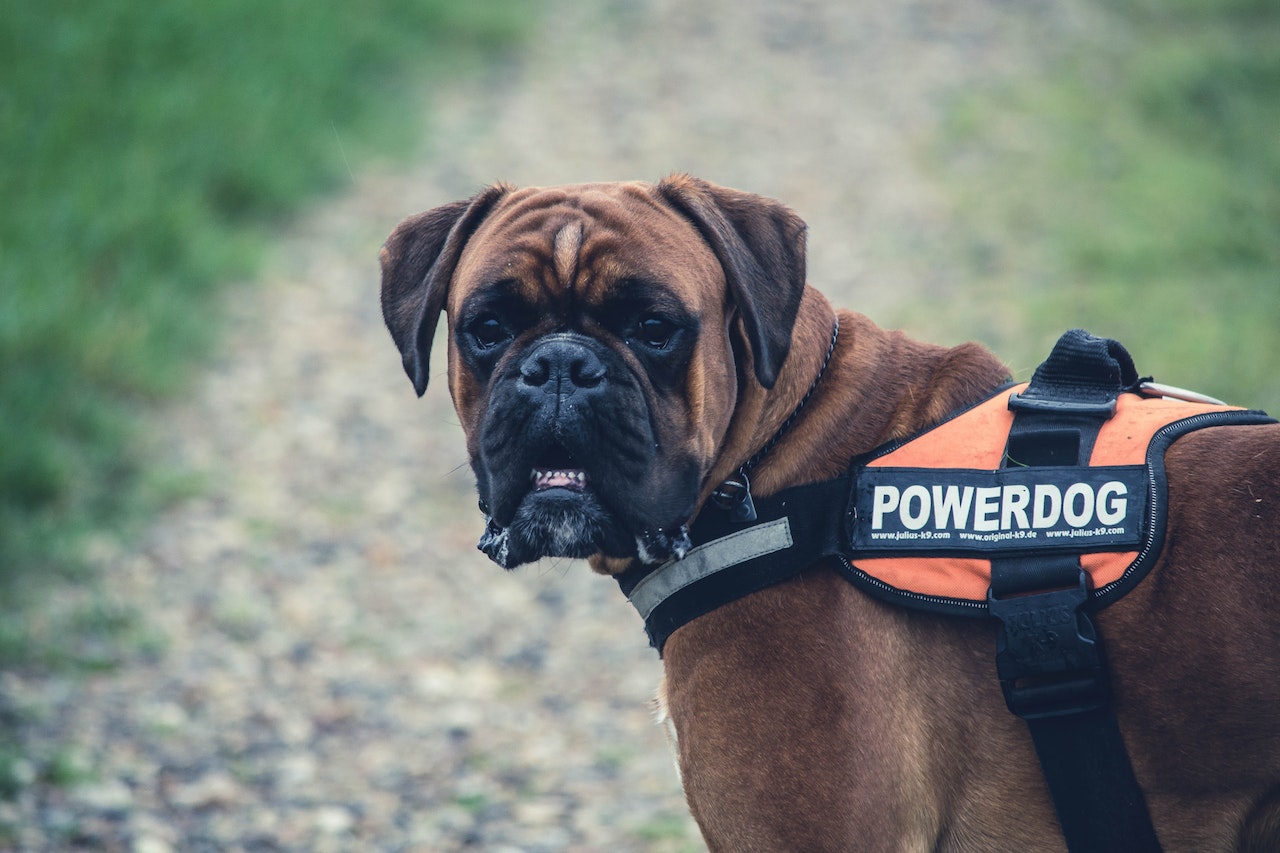Service pets provide constant companionship and support for individuals with disabilities, with dogs being the most common choice due to their effectiveness in fulfilling this role. It’s important to note that the term ‘service pets’ is often confused with military or law enforcement training, but that’s not the case. A service dog is typically trained to assist with specific tasks that help individuals with disabilities integrate more effectively into their environment.
A common example is a service dog assisting a visually impaired person. These dogs receive training to guide individuals, essentially becoming their eyes. In the United States, where approximately 26% of people live with some form of disability, there are currently around 500,000 service dogs. Training a service dog typically takes an average of one and a half years.
For those who have service pets, these animals become vital companions in their lives. While many tasks are challenging without them, traveling poses unique difficulties. Here are some helpful tips to address these challenges:
1. Read the Airline’s Policies You Plan to Travel With
When taking a flight with a service pet, it’s crucial to research the airline’s policies in advance, which may include:
- Airlines may have specific regulations and requirements for traveling with service pets or pets for emotional support. Of course, the policies can differ for service or support animals, so you need to find out this before booking your flight.
- For instance, Delta’s service animal policy allows traveling with service and support animals in the cabin if they meet specific criteria.
- Most policies may include conditions like proper documentation, behavioral guidelines, and health certifications.
When you are aware of these policies in advance, they can help you avoid any surprises or inconveniences at the airport.
2. Know the Relevant Regulations and Guidelines for Traveling
In addition to airline policies, it’s essential to be aware of other regulations and guidelines related to traveling with service pets. These policies may vary depending on your destination, so research the laws and requirements of the country or state you are visiting. Understanding these prerequisites will help you ensure a smooth entry and exit with your service pet.
You must know your rights and that you can take your dog everywhere. The authorities can only ask you two questions, which are:
- Which specific task the animal has been trained to perform and
- Is the animal required to accompany you because of your disability
You are not authorized to answer any other queries. Similarly, here are a few other things to be aware of in this regard:
- Since there is no national registry for service dogs, there is no need for legal identification or for the dog to wear a harness labeled “service animal.”
- However, it’s okay if your dog wears a harness that says service animal. It will allow people to identify it without stopping and questioning you.
- One caveat is that your dog needs to be well-trained and well-behaved because, otherwise, airlines, hotels, and other places reserve the right to deny their entry.
- A service dog should be trained to do anything you instruct and nothing else.
- You must ensure your pet does not behave like other dogs, as it may get distracted by other animals or bark and annoy people around you.
3. Make Sure You Have all the Necessary Documents
Proper documentation is essential when traveling with a service pet, usually including a letter from a licensed professional for service dogs. Ensure you have all the required paperwork organized and easily accessible to present to airline personnel and authorities upon request. While not mandated by law, having the necessary paperwork makes traveling easier and less hassle.
Some of the things that you need to carry are:
- Ensure you have all vaccination certificates for your pet, including rabies and other immunizations.
- Carry a letter from your doctor authorizing you to have a service pet.
- Additionally, it’s advisable to carry a document that outlines your allergies or medications. In a medical emergency where you cannot communicate, this information will be helpful for personnel to understand your condition.
Since most animals have pockets in their harness, it is best to keep these documents there.
4. Have All the Required Supplies at Hand
Ensuring the well-being of your dog is essential. Service pets have unique needs, so it’s important to pack all the necessary supplies, including:
- Recommended food based on the trainer’s guidelines.
- An adequate supply of water.
- Any required medications.
- Equipment or tools specific to the tasks your pet has been trained for.
Additionally, consider bringing comfort items like your pet’s favorite blanket or toy to help them feel secure during the journey.
5. Book Pet-Friendly Accommodation
An essential step you should consider when traveling with your pet is to evaluate the type of accommodation you are booking at the destination. You must consider this point unless you stay at a friend or family member’s place. Ensure you contact your chosen hotel or lodging in advance to confirm that they are pet-friendly. Many hotels welcome service animals, but it’s always wise to check and ensure a seamless check-in process.
6. Expect the Unexpected
Traveling can be unpredictable, so preparing for unexpected situations is essential. Flight delays, weather-related issues, or other unforeseen circumstances may arise. Ensure that your service pet is comfortable with travel disruptions and that you have contingency plans in place.
7. Always Have Backup Plans
Finally, having backup plans is crucial when traveling with a service pet. This includes contingency plans for emergencies, such as illness or injury, and alternative transportation options if your original travel arrangements fall through. Knowing the locations of nearby veterinarians or pet-friendly facilities at your destination can provide peace of mind.
Conclusion
A service pet, usually a dog, is an important part of the daily lives of people with disabilities. If you are someone in a similar situation or know someone who is, it is crucial to research various things when planning a trip for leisure or work to another city or state. By preparing for the unexpected and having contingency plans, you can confidently embark on your adventures.


